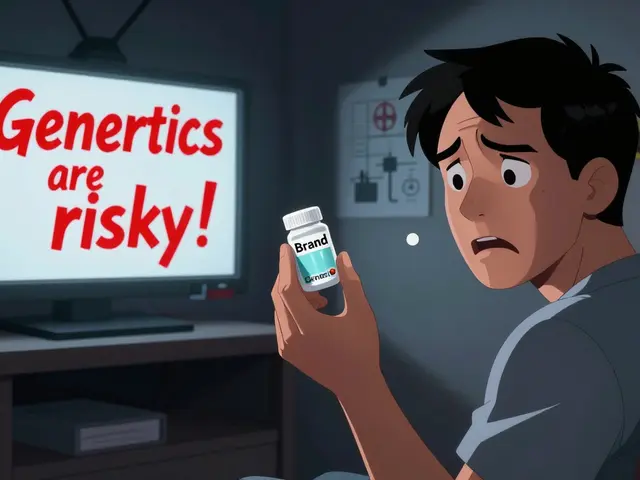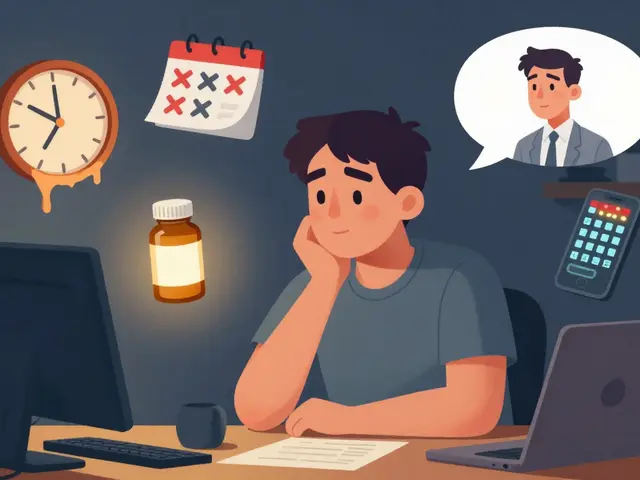Cardiac disorders: what to watch for and what you can do now
Worried about your heart? Cardiac disorders cover a lot—from coronary artery disease and arrhythmias to heart failure and valve problems. The good news: spotting warning signs early and making simple changes can cut risk and improve how you feel every day.
First, learn the common symptoms. Chest pressure or pain, shortness of breath with small effort, sudden dizziness, a thumping or racing heart, and unexplained fatigue all matter. Symptoms can look different in women and older adults, so don’t ignore odd or new sensations even if they’re mild.
Know your risk factors
Some risks you can’t change: age, family history, or past heart conditions. Many are under your control: smoking, high blood pressure, high cholesterol, diabetes, being inactive, and extra body weight. Even stress and poor sleep add up. The faster you address the changeable ones, the more you lower your chance of a serious problem.
Checking blood pressure and cholesterol regularly gives you a big advantage. If you’re on meds for blood pressure, like angiotensin blockers, or any heart drug, stay in touch with your doctor — some medicines need dose changes in pregnancy or with other conditions. For example, some blood pressure drugs are not advised in pregnancy, and your prescriber can suggest safer options.
Practical steps that actually help
Start with small, specific actions: walk 20–30 minutes most days, swap sugary drinks for water, and choose a plate with more veggies and lean protein. Quit smoking and limit alcohol. If you’re overweight, losing even 5–10% of body weight can improve blood pressure and cholesterol. Sleep 7 hours most nights and find one reliable way to lower stress—short walks, phone-free time, or a basic breathing practice.
Medication often plays a key role. Doctors use drugs for blood pressure, cholesterol, blood thinning, and rhythm control. Never stop or change a prescription on your own. If you’re curious about options or alternatives, talk to your clinician or use trusted pharmacy services to review what you take.
When should you act fast? Call emergency services if you have sudden severe chest pain, passing out, heavy sweating with faintness, or trouble breathing. For non-emergencies, book a visit if symptoms are new, getting worse, or interfering with daily life.
Want to learn more on related topics? Check our pages on blood pressure meds and treatment options for breathing and cardiac support. Small, steady steps add up—start with one habit this week and build from there.






